3 Lies Everyone Believes About Avoiding Copyright Infringement
Today I'm talking about the three big lies that you might have heard about avoiding copyright infringement.
You might think you're not committing copyright infringement, but… you could be wrong. (Did you get that reference?)
In this video, you're going to learn what every online brand needs to know about avoiding copyright infringement on the internet.
Lie number one: if I'm not charging anything, or making money from it, then it's not copyright infringement. Right?
Wrong.
Copyright infringement is what's called "strict liability." That's lawyer speak for: just doing the act is enough.
There doesn't have to be any kind of intent to commit copyright infringement. You don't have to make money from it. Just the act of copying is copyright infringement. There's no requirement that you make money in order for it to be considered copyright infringement.
(Sorry.)
Number two: if I add a disclaimer, or tag the original creator, then I can't get in trouble.
Wrong. So wrong.
(Apparently, I'm into quoting Mean Girls today.)
You've seen "I claim no rights to this music," or "I claim no rights to whatever" in people's posts, right? But, like I just said, you've copied it. That's it. That's the infringement. Just copying or using someone else's material without permission is infringement.
And!
I've heard of several photographers who actually track infringement on social media, by the people that tagged them.
Using someone else's photo without their permission, unless you properly licensed it somehow, is copyright infringement. Credit, or no credit.
Numero 3: If I found a photo on Google image search or on Pinterest, then it's royalty-free or public domain, and I can use it, and it's not copyright infringement.
No, no, no, no, no.
I had a client once that used a photo that he found on Google image search in a blog post. He got a big fat cease and desist letter from a firm that does volume copyright infringement work. That just means that they sent thousands of cease and desist letters -- that is their bread and butter.
The photographers that they represent all register their photos with the Copyright Office. (Which is very, very smart.)
Then, they pay these firms to crack down on unauthorized uses. So this cease and desist letter asked for multiple thousands. Based on the Copyright Act, if someone infringes your work, and you've registered with the Copyright Office, you get from $750 to $30,000 in damages. He didn't end up having to pay 30,000, but he had to pay something.
Hear me on this.
Google Image Search catalogs images from everywhere. They are not necessarily royalty-free. They are not necessarily public domain. Don't look on Google image search for free images. Nope, nope, nope.
So the secret to avoiding copyright infringement online?
Use things that only you've created, or if you're using something that you didn't create, or posting something that you didn't create, make sure you have permission.
That's it.
So I hope that helps you to better understand the three lies everyone believes about avoiding copyright infringement on the internet. And I'll see you next time.


